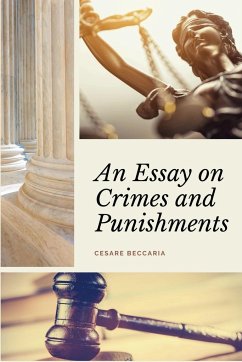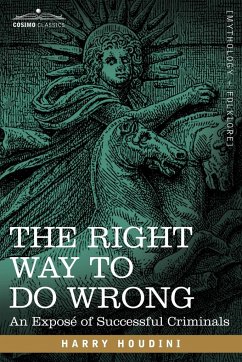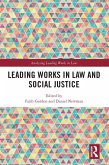A punishment may not be an act of violence, of one or of many, against a private member of society, it should be public, immediate and necessary; the least possible in the case given; proportioned to the crime, and determined by the laws. Beccaria was an Italian economist and jurist. He wrote on the currency and other economic subjects, but his greatest work was his Treatise on Crimes and Punishments, first published in 1764, in which he argues against capital punishment, and which established his fame as the originator of more humane methods in dealing with criminals. The work was extremely popular, passing through six editions within eighteen months, and was translated into many European languages. This premium edition comes with : . A beautiful Easy-to-Read layout which makes reading comfortable . A short biography of the author . A commentary on the book of crimes and punishments by Voltaire








